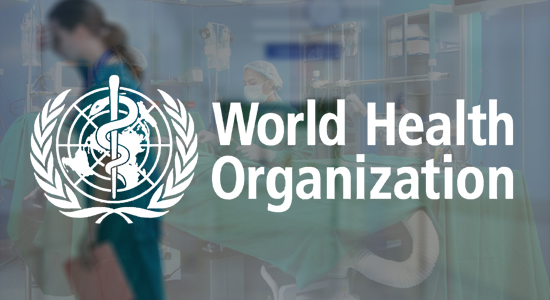The World Health Organization has called for the elimination of artificial trans fats from the global food supply and has a step-by-step strategy on how to do so by 2023.
On Monday, the WHO launched an initiative called REPLACE that will provide guidance for all countries on how to remove artificial trans fats from their foods, possibly leading to a worldwide eradication.
"This initiative is meant to lead countries in establishing legislation to eliminate the trans fats," said Dr. Francesco Branca, director of the Department of Nutrition for Health and Development at the WHO in Geneva, Switzerland.
Artificial trans fats, or trans fatty acids, are made when vegetable oil hardens in a process called hydrogenation. Those hydrogenated fats can be used in fried foods, snack foods or baked goods, and in products such as vegetable shortening, stick margarine, coffee creamer and ready-to-use frostings. They don't spoil as quickly as other fats, but they can have some harmful health effects, such as raising levels of "bad" LDL cholesterol and increasing risk of heart disease, stroke and type 2 diabetes.
REPLACE stands for review dietary sources, promote use of healthier fats, legislate, assess changes, create awareness and enforce.
The REPLACE package is the first time the WHO is calling for the elimination of a big lifestyle factor driving non-communicable disease, as indicated by Dr. Tedros Adhanom, director-general of the WHO, while speaking during a telebriefing on Monday.
Non-communicable diseases, also known as chronic diseases, tend to result from a combination of genetic, physiological, environmental and behavioral factors, such as diet, according to WHO. Cardiovascular diseases, associated with consuming a diet high in artificial trans fats, are an example of a non-communicable disease.
"Non-communicable diseases are the world's leading cause of death," Adhanom said during the telebriefing.
"WHO is committed to supporting countries to reduce the burden of non-communicable diseases."






















